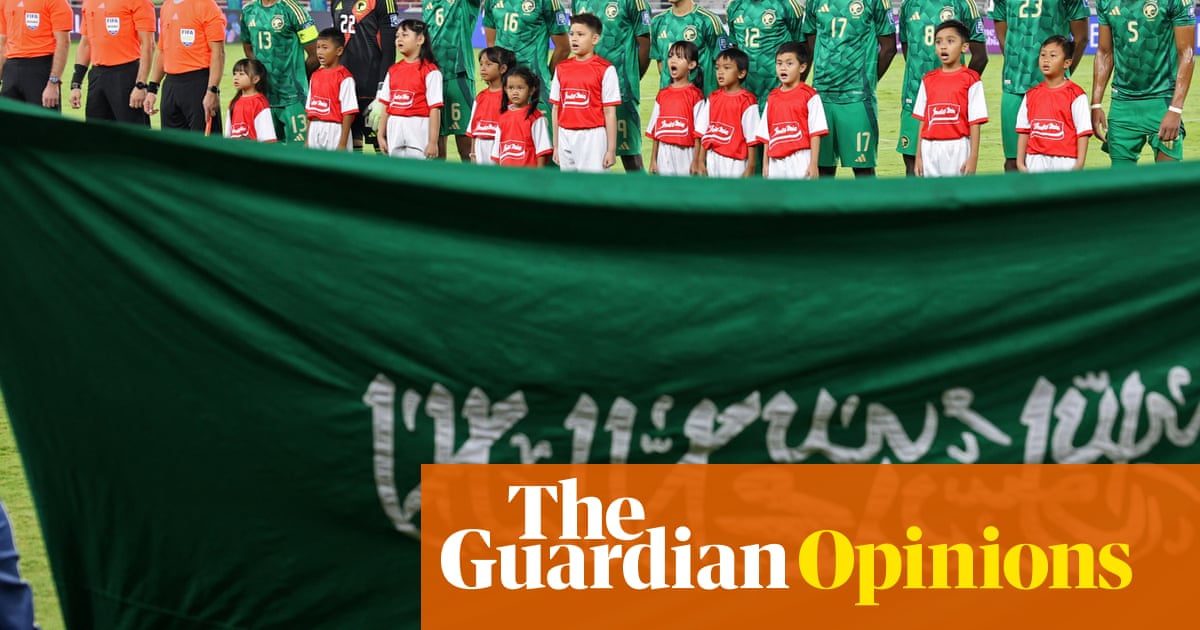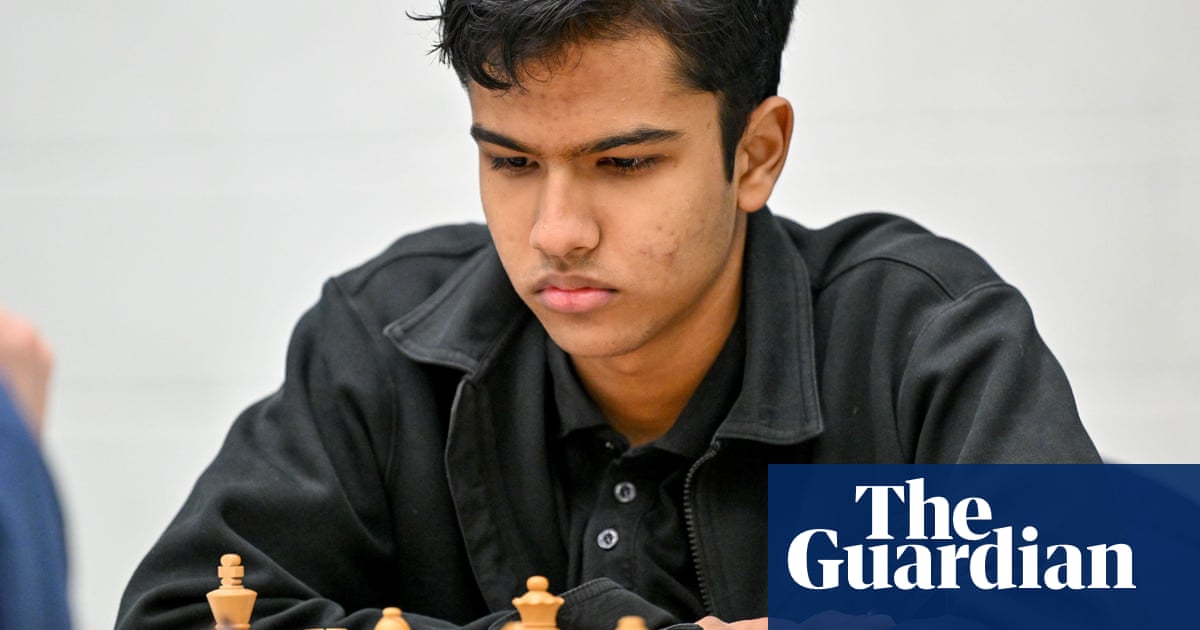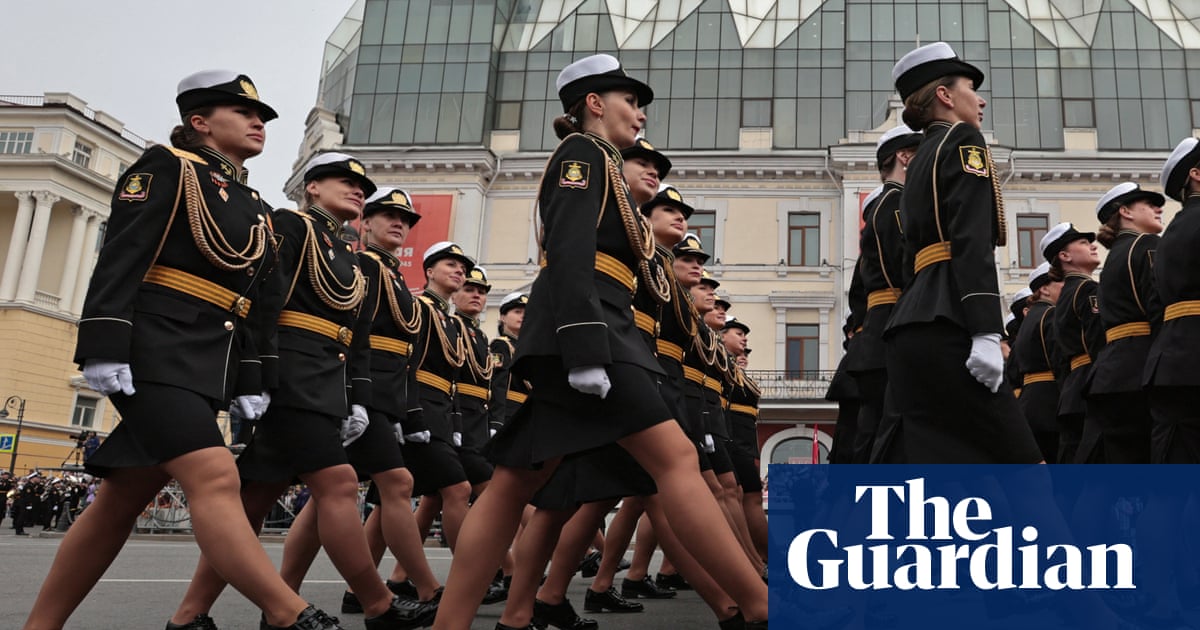As news of the ceasefire ripples my way, my memory mocks me. Your face glides into focus from my mind’s abyss, where I had buried it.
You come into my emergency room at al-Aqsa hospital in Gaza during the early morning hours. Your chubby cheeks blush with the night’s cold, heavy eyelashes dripping tears into the basins under your eyes. I save you this time. I do my job. Shards of glass stemming from an explosion caused by an Israeli airstrike shred your tiny arms and legs. I clean the wounds and stitch you up without even a modicum of pain relief. A niche torture for both of us. “Follow up in five days for suture removal post penetrating injury from secondary blast,” I write on your chart.
Days pass. You return to my ER, this time motionless, blue. Another Israeli airstrike in Deir al-Balah leaves shrapnel embedded in your brain, causing blood to slosh against your skull. Your thick brown hair, matted with congealed blood, makes it hard to examine your scalp. My fingers feel for a pulse, first your inner thigh, then your neck, but the flesh is too charred to locate it.
My blue gloves hover over your floppy open mouth. I insert the breathing tube between the upside down V of your vocal cords, exactly as I was trained. Chest X-ray ordered, carbon dioxide detected with the colour change to yellow. Yellow means “Yes, you correctly got the tube in the trachea, not the oesophagus.”
I run the code resuscitation completely by the book. I watch you seesaw between the world of the living and that of angels. Still no pulse. I ask my colleague to try in case my trembling is to blame.
When your soul floated up beside me, was the devil there too, recounting my sins? Which board questions I had gotten wrong, the time I went to see a movie with friends instead of studying more, the exam I had to redo. It all led to this moment. I was supposed to be able to tell your mother that yes, she would cheer at your graduation, she would dry your tears after your first heartbreak, she would dance at your wedding, she would hold your hand during your labour. Your mother probably wishes a smarter doctor had been on call that night.
The time has passed for heroes. I must stop breaking your ribs with my chest compressions. It’s the usual prep now: wipe the blood off your purple neck, wrap you up tight in that soft hospital cloth that reeks of sterility. Wipe the iodine off from where the nurses placed frenzied IVs. Cover any disfigurements as well as I can so your mother won’t have to remember you like this for the rest of her life. Crafting this memory is the only small act of kindness I can give her now. I comb your forehead with my fingers, removing the harsh hospital tapes.
I try over and over again to close your eyes. Modern medicine has made machines that allow me to control how many seconds a patient breathes in and out, that allow me to quantify urine in millilitres per kilogram per hour, but still no one has discovered a way to get eyes to close for the moment when parents see their children for the last time.
Television shows end with children in an eternal sleep and doctors bursting out of ER doors, upset with themselves. In real life, when bodies bear the cruelties of war, we stay and do the postmortem cleanup. We talk to parents and hold them when their legs buckle from under them.
Your mother has earned her right to weep tonight, under the fluorescent hospital lighting. Even with the discordant ventilator harmonising with the breathing of a patient next door, she has earned the right to howl. She has earned the right to bury her face into the hospital fabric, thirsting for the smell of her baby’s hair.
Time of death: 3.48am. Stop the clocks. Silence the pagers. Shush the beeping machines around us. Tell the ambulances to go on mute. Calm the whimpering babies rushed in on donkeys or in neighbours’ arms. Stop the drones gnawing overhead. Quieten the bombings nearby. Allow me this stillness, please. Bring out the ebony veils, fetch the white lilies and let the mourners come. If nothing else, allow me to sit with your ascent for even just one moment in time before I rush to the next heartbreak.
I shake my bowed head and sink deep into my shame. I am a mistake, exposed. Your death is also the death of my ego. The passing of the fraudulent belief we physicians hold that we can save people. Your mother collapses into my arms. I can’t bear the weight. I tell her there is nothing more to do. Her world implodes. I hug her, too tightly, as I would my own daughter.
I have seen your face before. I saw it on medical evacuation flights when I tried to prolong your life until the moment you would be reunited with your mother. I saw it in the waters off the coast of Libya, on a refugee rescue boat, quivering from hypothermia, with no parent there to soothe you. I saw it in the operating theatres of Iraq, when a mother painted your toenails in preparation for heart surgery. “In case she dies on the operating table, she at least will have known what it was like to feel pretty,” she told me.
Some faces I will never see. Maybe the treatment was too expensive. Maybe you couldn’t survive the risky journey to reach me – walking under the shadows of drones that hover over the cliffs of Afghanistan. Maybe you could not risk the immigration checkpoints along the Texas-Mexico border. Maybe you were rendered a buoyant corpse in the Mediterranean Sea.
In your eyes, I see it all laid bare: sins committed in the name of wars that we feign ignorance of, or justify, or rewrite. Your silhouette chronicles the anguish that only the brutality of colonisation can forge. I carry you everywhere I go. But maybe it is time to bury you now, instead of reliving 3.48am so many times over. I go back to work. The next child needs me. The family is angry about the wait.
-
Seema Jilani is a paediatric specialist. She has worked in Afghanistan, Israel, Gaza, the West Bank, Sudan, Lebanon, Egypt and the Balkans. Her radio documentary, Israel and Palestine: The Human Cost of the Occupation, was nominated for the Peabody award

 3 months ago
51
3 months ago
51













































